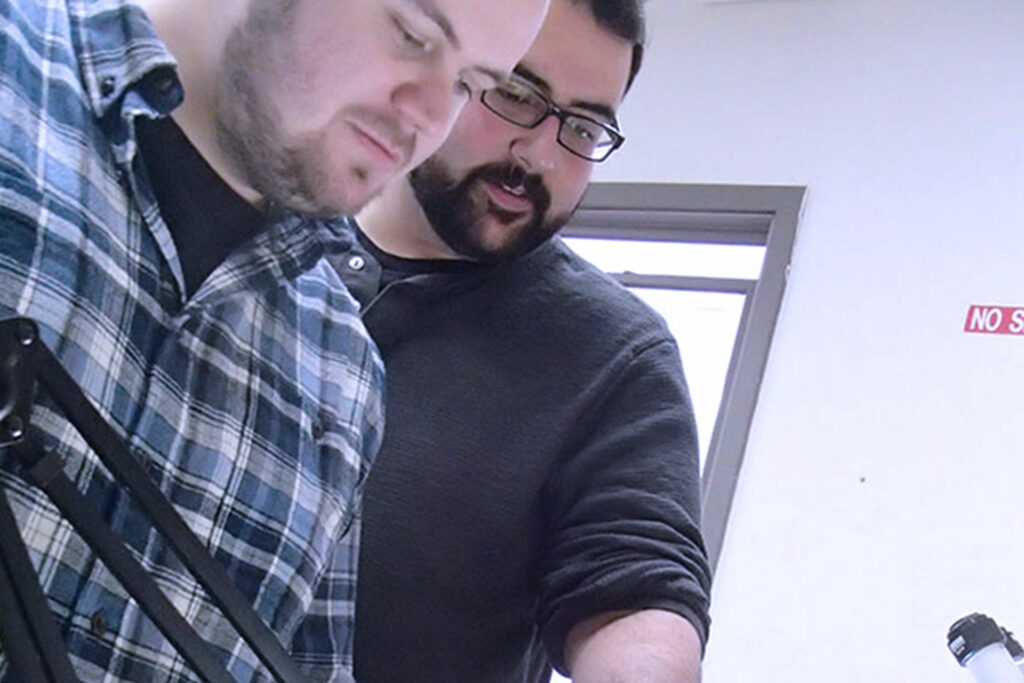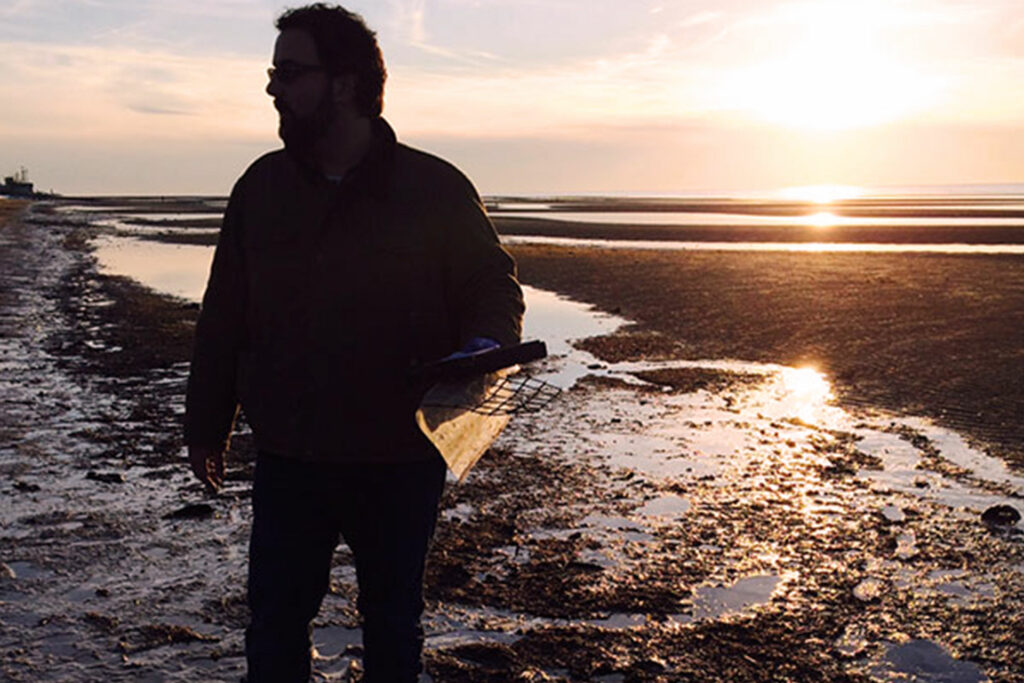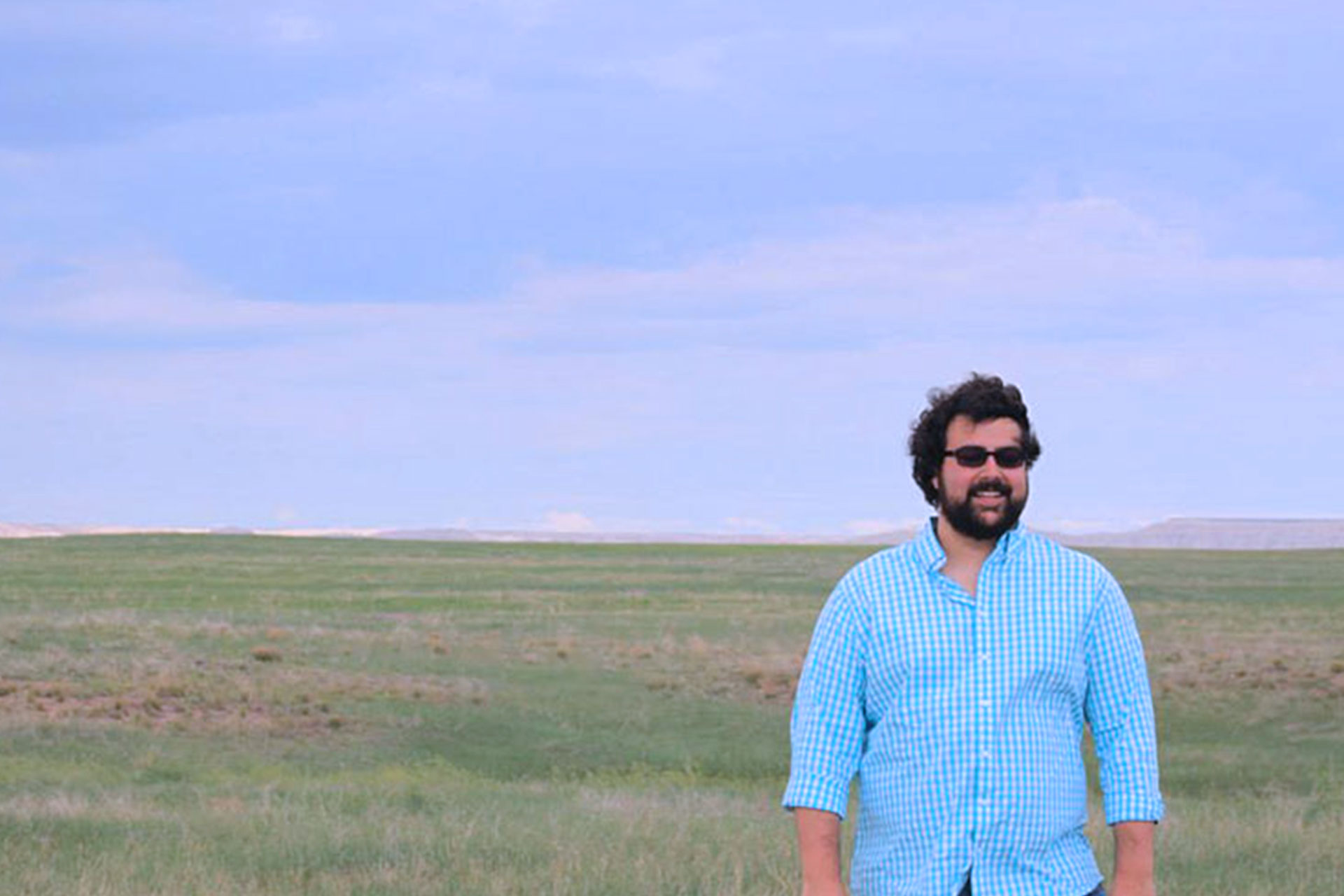From my early roots in suburban New Jersey, it wasn’t until my family moved to the quiet, rural country in southern New Hampshire that I discovered my love of nature. This change of scenery helped foster a conservation mindset and an appreciation of the services healthy ecosystems provide human communities. I soon found myself studying biology at Boston College, looking to pursue a medical career. However, after some reevaluation and inspiring courses, I realized that I wanted to become an ecologist. I developed a desire to address issues that affect both humans and the ecosystems they rely on.
At the time, Boston College’s biology department did not have a large ecology component, but I was fortunate enough to get an internship with Dr. Jon Grabowski at the Northeastern University Marine Science Center in Nahant, MA. Here was my first real interaction with marine ecology and fisheries science, and I was able to work on a variety of projects involving commercial finfish and shellfish. There, I also did my senior research project looking at the feeding behavior of invasive and native crabs at different temperatures.

After graduating Boston College with a B.S. in Biology in 2013, I headed down to Morehead City, NC, where I worked as a technician in Dr. Mike Piehler’s lab at UNC Chapel Hill’s marine field station. Working with his graduate student, Luke Dodd, I became familiar with field experience in coastal ecosystems, experimental design, analysis, writing, and the day-to-day life as an ecologist. We did several projects relating to the interactions between crabs and oysters in intertidal marsh communities.
In the fall of 2014, I started as a Ph.D. student at Rutgers in Dr. Daphne Munroe’s lab. Stationed now at the Haskin Shellfish Research Lab in Bivalve, NJ, I’ve gotten firsthand experience with local fisheries and the Delaware Bay estuarine system.

My current research focuses on trying to understand how environmental conditions can affect the survival of blue crab larvae. Blue crabs are a very valuable fishery not only in New Jersey but also in the Atlantic and Gulf coasts. The survival of larvae is an essential part of the crab’s life cycle and is needed to replenish fished populations each year. If larval survival is sensitive to changes in the environment, especially those caused by climate change or natural cycles, it is important that fisheries managers are aware of it. This summer, I am doing experiments to see how a larvae’s environment can change its development and how those changes can alter how crabs complete their life cycle. My goal is to bridge small scale larval interactions with larger scale population effects.

